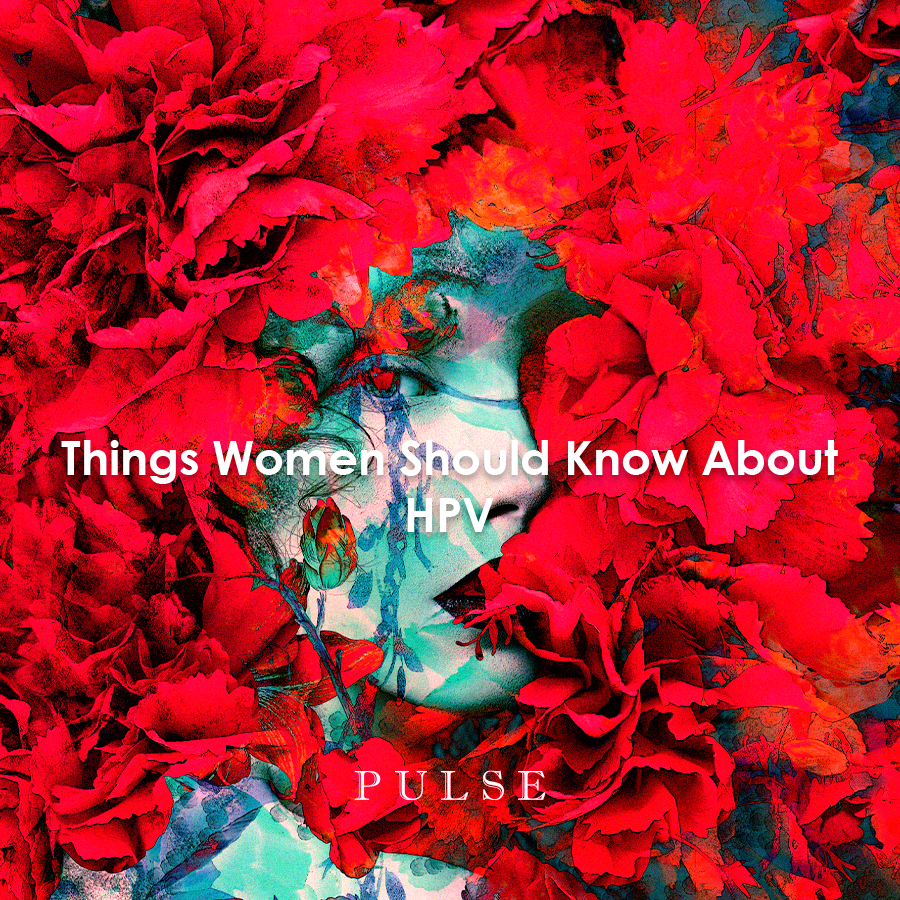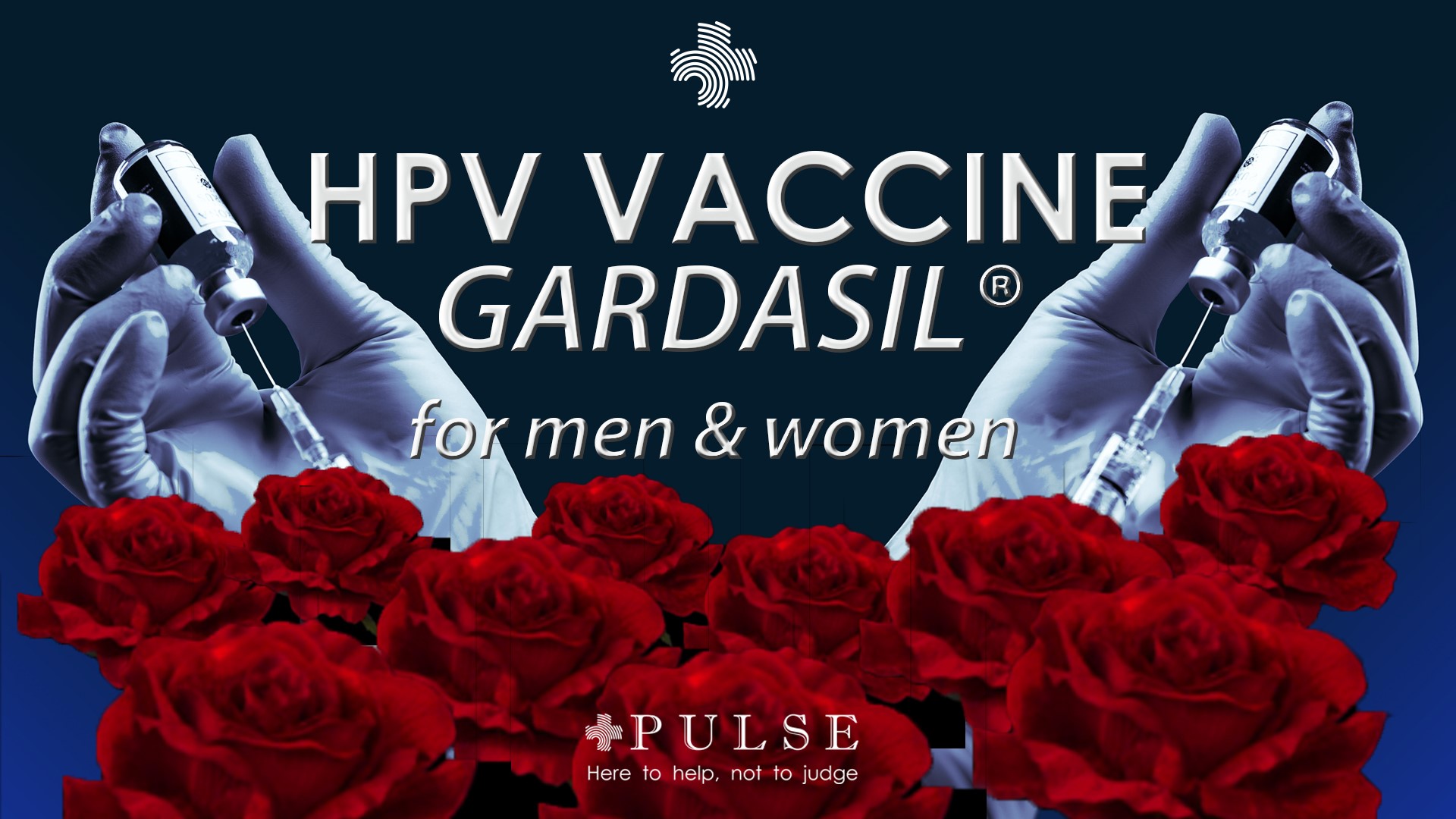Understanding Bisexuality and Sexual Health
2171
Explore bisexuality and sexual health: unique challenges, STI prevention, mental well-being, and inclusive care. Learn key insights for better health.

Understanding Bisexuality and Sexual Health
In recent years, discussions about sexual health have expanded to encompass a wider range of sexual orientations and identities, leading to a more inclusive approach to well-being. Bisexuality is characterized by an attraction to more than one gender and its visibility and acceptance have increased greatly. Still, it continues to face distinct challenges in the realm of sexual health. This article examines bisexuality and its relation to sexual health, offering insights into particular issues and recommendations for maintaining overall well-being.
What is Bisexuality?
Bisexuality is a sexual orientation where individuals experience attraction to more than one gender. This attraction can vary in intensity and nature, and it is essential to recognize that bisexuality is a legitimate orientation that exists on a spectrum. The term “bisexuality” encompasses a wide range of experiences and identities, including those who may be attracted to two genders, multiple genders, or any gender beyond a binary classification.
Sexual Health Considerations for Bisexual People
1. Unique Risk Factors
Bisexuals can face unique health challenges, particularly in the context of sexual health. Research has indicated that bisexual people might experience higher rates of sexually transmitted infections (STIs) compared to their heterosexual and homosexual counterparts. This disparity can be attributed to several factors, including:
- Lack of education: bisexuals may receive less targeted sexual health education, leading to gaps in knowledge about STI prevention and safe sex practices.
- Social stigma: the stigma and discrimination faced by bisexuals can affect their access to and quality of healthcare, which may impact their sexual health
- Multiple partners: having sexual partners of different genders might increase the likelihood of exposure to STIs, especially if protective measures are not consistently used.
2. STI Prevention and Testing
For bisexuals, regular STI testing is crucial. It is important to adopt a proactive approach to sexual health including:
- Regular testing: getting STI screenings twice a year is highly recommended, especially if you have multiple sexual partners or engage in high-risk behaviors.
- Condom use: consistent use of condoms and dental dams can greatly reduce the risk of STI transmission. It is also beneficial to discuss sexual health openly with partners to ensure mutual protection.
- Vaccinations: vaccinations for HPV and Hepatitis B can offer protection against certain STIs and should be considered as part of a comprehensive sexual health strategy.
3. Mental Health & Well-Being
Sexual health is closely tied to mental health. Bisexuals may experience unique stressors that can impact their overall well-being:
- Biphobia and discrimination: facing prejudice from both within the LGBTQIA+ community and from society at large can contribute to mental health challenges such as anxiety, depression, and low self-esteem.
- Internalized biphobia: struggles with self-acceptance and internalized stigma can affect mental health. Seeking support from affirming therapists and communities can be beneficial.
4. Building Support Networks
Connecting with supportive communities and accessing resources can make a significant difference in managing sexual health and overall well-being:
- LGBTQIA+ support groups: engaging with bisexuals and support groups can provide valuable information, emotional support, and a sense of belonging.
- Inclusive healthcare providers: finding healthcare providers who are knowledgeable about sensitive to bisexual issues can improve the quality of care and ensure that all aspects of sexual health are addressed.
Promoting Sexual Health and Inclusivity
Addressing bisexuality and sexual health involves fostering inclusivity and education:
- Education and awareness: enhancing sexual health education to include diverse orientations and identities helps people make informed decisions about their sexual well-being.
- Advocacy and policy: supporting policies and programs that address the specific needs of bisexuals can improve access to healthcare and reduce stigma.
- Community engagement: encouraging open dialogue within LGBTQIA+ and broader communities can promote understanding and support for bisexuals.
Conclusion
Understanding bisexuality and its intersections with sexual health is crucial for fostering a more inclusive and supportive society. By addressing unique risk factors, advocating for better education and healthcare, and promoting mental well-being, we can enhance the sexual health of bisexuals in sexual health discussions to ensure that everyone’s needs are recognized and met, paving the way for a healthier and more equitable future for all.
Frequently Asked Questions
Do I need to book an appointment?
- You can walk in.
- Booking an appointment is optional. Here's how:
- Go to the PULSE Clinic Booking page (or click Book an Appointment Now button below)
- Choose your preferred location
- Choose the service you want to avail
- Choose your preferred appointment date and time
- Fill out the necessary details
- Confirm booking
Loading...
Clinic Locations
Loading...


























